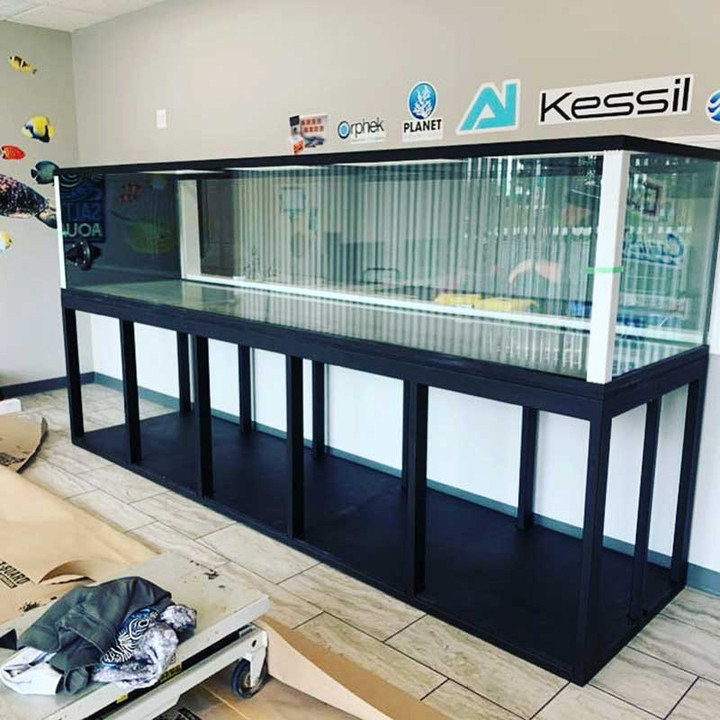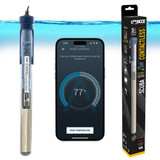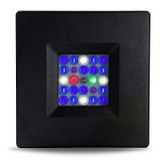What are the Best Starter Corals and Why?
This really isn’t an easy question to answer. This depends on your budget and at what level of difficulty you are trying to jump right into in this hobby. Perhaps you are completely new to the salt water hobby or maybe you have had a soft coral reef tank for a while and now you are ready to try something more difficult. I think it makes more sense for me to address a brand new hobbyist looking to jump into the reef aquarium scene for the first time.
My first concern is going to be what sort of equipment do you have or are looking at. This is where I think people get wrapped around the axle from the very beginning. What sort of corals you can be successful with is largely determined by the equipment you have. A majority of hobbyists unfortunately start their journey with low grade equipment. This is understandable because they lack the knowledge to make proper choices. I applaud those who take their time and ask questions on forums well ahead of when they actually purchase stuff. Their first move is to get informed about what they want to do and the equipment they should get.
It is my opinion that most people should start off simple. As a professional with two and a half decades of experience, it gives me a lot of trepidation to see someone jumping into the deep end. That being said, I have seen it done successfully as long as someone is getting great advice and really absorbs what they are learning. I really think new hobbyist would do well to consider a soft coral tank.
Things like finger leather corals, multicolored mushrooms, bubble tip anemones, zoanthids, photosynthetic gorgonians, green star polyps and xenia have much easier needs and tolerances to satisfy. During that time someone can practice on a simple reef tank while really taking the time to acquire the knowledge and experience needed for more complicated tanks. I give that advice but I know damn well how many people jump right into the deep end. It’s kind of hard to quantify how many are successful and how many are not but being close to where the rubber meets the road, I assure you that most are not successful in this endeavor.
I am painfully aware that we live in a time where people want something and they want it now but this hobby is not one where that sort of attitude bears fruit. We all see pretty things that we want but I just hope that we take the time to learn the requirements of something before we condemn it to life in a glass box. I hate for it to seem like I am wagging my finger at impatient hobbyists but... that is exactly what I am doing. Between natural occurrences and lawmakers pens, this hobby sometimes feels like it’s on sketchy ground. I think one of the best ways that we can protect against that is to make careful and well educated decisions.
This is a lot of weight to put on a new hobbyist’s shoulders but I also feel like it is a responsibility that must be considered if we are being good stewards to our industry. The title of this article must have made you think I was going to provide an exhaustive list of coral species to look into but I hope you did read this with the understanding that keeping corals in a glass box necessitates some patience and forethought because these are animals and not inanimate objects. There are lots of us who have dedicated our careers to this industry and we would like to see it be a thing into the future. No matter where you start off in this hobby, please respect the animals that you keep and be as well informed as possible before you make a purchase.
Explore Popular Articles
-
ReefStock Denver is This Weekend!
Feb 27, 2024The time is finally here. Reef Builders ReefStock Show is coming to the Crowne Plaza Hotel in Denve
-
Sicce's New Scuba Heater!
Oct 23, 20235 Year Warranty, High Quality Italian Made, A Heater for the FUTURE! Innovative heater range eq
-
Current USA R24 LOOP LED
Oct 23, 2023Compact lighting with SPS coral growing power. For those who love the Orbit® Marine, the Orbit® R




